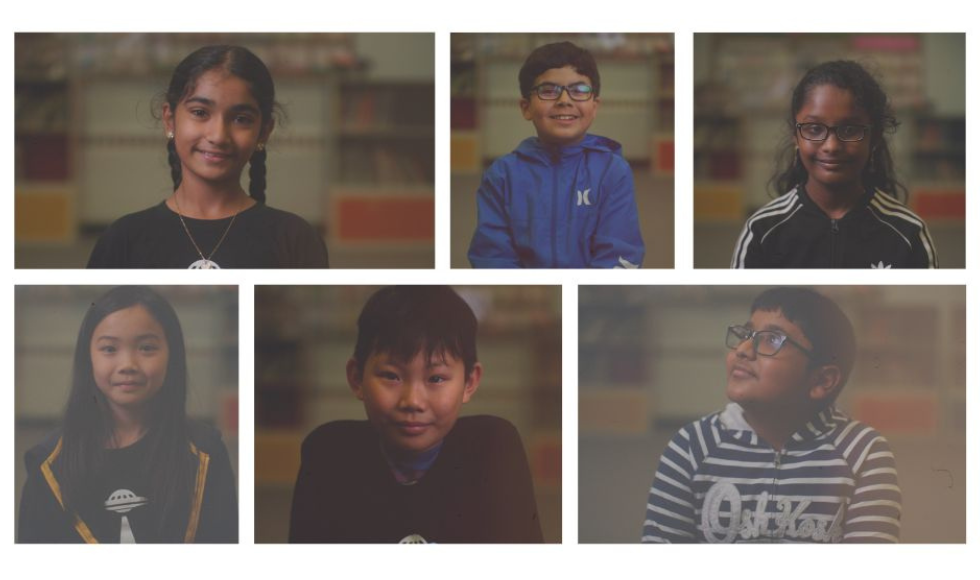What will Canada look like in the future?

The Future of Canada Project asked kids the same thing it's asking thought leaders. Their vision for the future included a healthier environment, more electric cars ... and competitive soccer-playing robots.
Kids are imagining a brighter future for Canada—so is McMaster.
The Future of Canada Project — a McMaster initiative that supports new multi-disciplinary research relevant to the future of the country —asked a group of young students the same question it is asking some of the country’s brightest grownups:
What might a better and brighter future look like for Canada, and what might we do now to make those futures a reality?
According to the Grades 4 and 5 students, a healthier environment, more electric cars and competitive soccer-playing robots could be part of what lies ahead.
“Listening to the perspectives of these kids is both refreshing and motivating as we look to the future and support work that is focused on building a brighter world,” says Ann Elisabeth Samson, strategic advisor for the Future of Canada Project at McMaster.
“While there are many challenges we need to recognize and find solutions to, it’s important to maintain a hopeful perspective when it comes to the future. Who knows, parts of the future might even be fun.”
Guided by the five themes outlined by the Future of Canada Project Council — climate change, rapid technological advancement, the pandemic, challenge of reconciliation and erosion of truth and trust — each Future of Canada Project initiative, such as the recently announced Future Fellows or the upcoming Imagining 2080 Forum, is exploring how to address these challenges while remaining hopeful about the future.
Engaging these students to think about how Canada might look better in the face of these challenges was not only meaningful for the project, but for the students, too.
Encouraging kids to imagine their own futures and tell their stories is a powerful exercise, says Liz Haines, executive director of Story Planet, the children’s literacy and story-making charity that collaborated with the Future of Canada Project to engage these students.
“Kids tend to hear a lot of depressing stories about our future right now, especially around climate change and technology, so to ask them to consider what positive things they see for the future, rather than the negative, can empower them to become agents of change and rewrite the stories they tell themselves and the world,” says Haines.
The idea of envisioning new narratives and possibilities for Canada will be at the core of the upcoming Imagining 2080: A Forum on Canada’s Futures, taking place this November at McMaster.
The forum will be a deeply participatory experience, rooted in strategic foresight, and while the purpose of the event is to imagine aspirational futures, it is also rooted in the reality of the current challenges facing the country.
“This isn’t about putting on rose-coloured glasses and forgetting the hard parts,” says Samson.
“The forum, and the work of the Future of Canada Project and McMaster at large, is about acknowledging the challenges we face while remaining hopeful about what we can build next.
“Having the kids share their visions for the future was a fun way to engage in this future-focused work and cultivate some hope as we move forward.”


